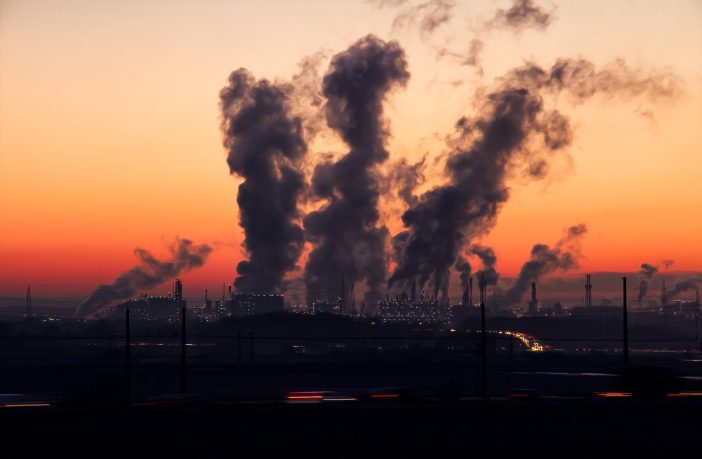- Achieving the Paris Agreement goal to deliver net zero now requires a fivefold increase in the rate of annual global decarbonisations.
- South Africa bottom of the G20 net zero log.
The expected 2020 pandemic-related fall in carbon emissions thus become a banner year in more ways than one if the world is to limit global warming to 1.5 degrees Celcius, the goal set out in the Paris Agreement. It is in that context that PwC has replaced their Low Carbon Economy Index with the Net Zero Economy Index, emphasising the growing focus on commitments from business, governments and investors to the concept of net zero.
Dr Celine Herweijer Partner, PwC Global Climate Change Leader, PwC United Kingdom: “As COVID-19 continues to shape and influence our lives, the pressing challenge of climate change remains. With a view out beyond the current crisis, arguably the greatest transformation challenge humankind has faced is staring at us: we have just over two business cycles to transform every sector of the global economy to halve global emissions. Put simply, we are in the pivotal decade.”
In 2019, before the emergence of COVID-19, the rate of global decarbonisation was 2.4%. This is the reduction in carbon intensity or energy-related CO2 emissions per dollar of gross domestic product.
This rate increased from the 2018 figure, against a backdrop of rising overall global emissions. Consistent with analyses by PwC and other agencies, it is far below the rate needed to deliver the Paris Agreement’s goals to limit warming to well below 2°C above pre-industrial levels and limit temperature increases to 1.5°C.
Breaking all the wrong records
The Index points out global atmospheric carbon dioxide reached a new record high in 2019, tipping global temperatures 1.1°C above pre-industrial levels. At the same time, global GDP grew by 2.9%. The highest rates of GDP growth were witnessed across China, India and Indonesia at the same time they experienced the highest rate of energy-related emissions growth.
While it is important that economies which contribute the most to historical emission take more ambitious action, it should also be noted that emerging economies play a role in the energy transition and efforts to address climate change.
Progress to decouple emissions growth from economic growth remains slow as global energy-related carbon emissions increased by 0.5% in 2019. This increase in energy-related carbon emissions was driven by an increase in global energy consumption of 1.3% in 2019, linked to greater consumer and industrial energy consumption.
The largest share amongst G20 countries was from China with a 6.1% growth in GDP. Across the world fossil fuels continue to dominate – 57% of the global increase in energy consumption was met by natural gas and oil, with both experienced steady growth from 2018.
PwC’s analysis indicated that coal consumption declined in 2019 for the first time since 2016, largest as a result of coal-to-gas switching across OECD countries. This was, however, partially offset by an expansion of coal usage in China and India. The two nations together accounted for 64% of global coal consumption. This despite record growth rates in the uptake of wind (12.1%) and solar (23.8%). Renewable energy usage overall accounted for just 11% of global energy consumption.
South Africa bottom of the G20 net zero log
The Net Zero Economy Index tracks the rate of the net zero economy transition in the G20 economies across energy-related CO2 emissions. Within the G20, South Africa is 20th on the list of countries when tracking how countries are decarbonising their economy.
Along with Indonesia, South Africa recorded an increase in carbon intensity for the second year.
Germany, Korea, the US and the UK achieved the highest rate of emission reductions relative to their economic growth for the time period under review. Germany recorded the highest rate of decarbonisation in 2019, but that rate would still need to almost double to reach a 1.5°C goal.
The index highlights that across the board, progress is not enough. Even the countries with the highest rate of positive change in 2019 need to double their current decarbonisation rates while those with the lowest rate of change, like South Africa, may need an up to ten times improvement.
PwC’s Net Zero Economy Index tracks the progress G20 countries have made to reduce energy-related CO2 emission and decarbonise their economies. You can track government policy changes that affect climate change through the Climate Action Tracker
Author: Theresa Smith

Theresa Smith is a conference producer for Clarion Events Africa.
This article was originally published on ESI Africa and is republished with permission with minor editorial changes.












